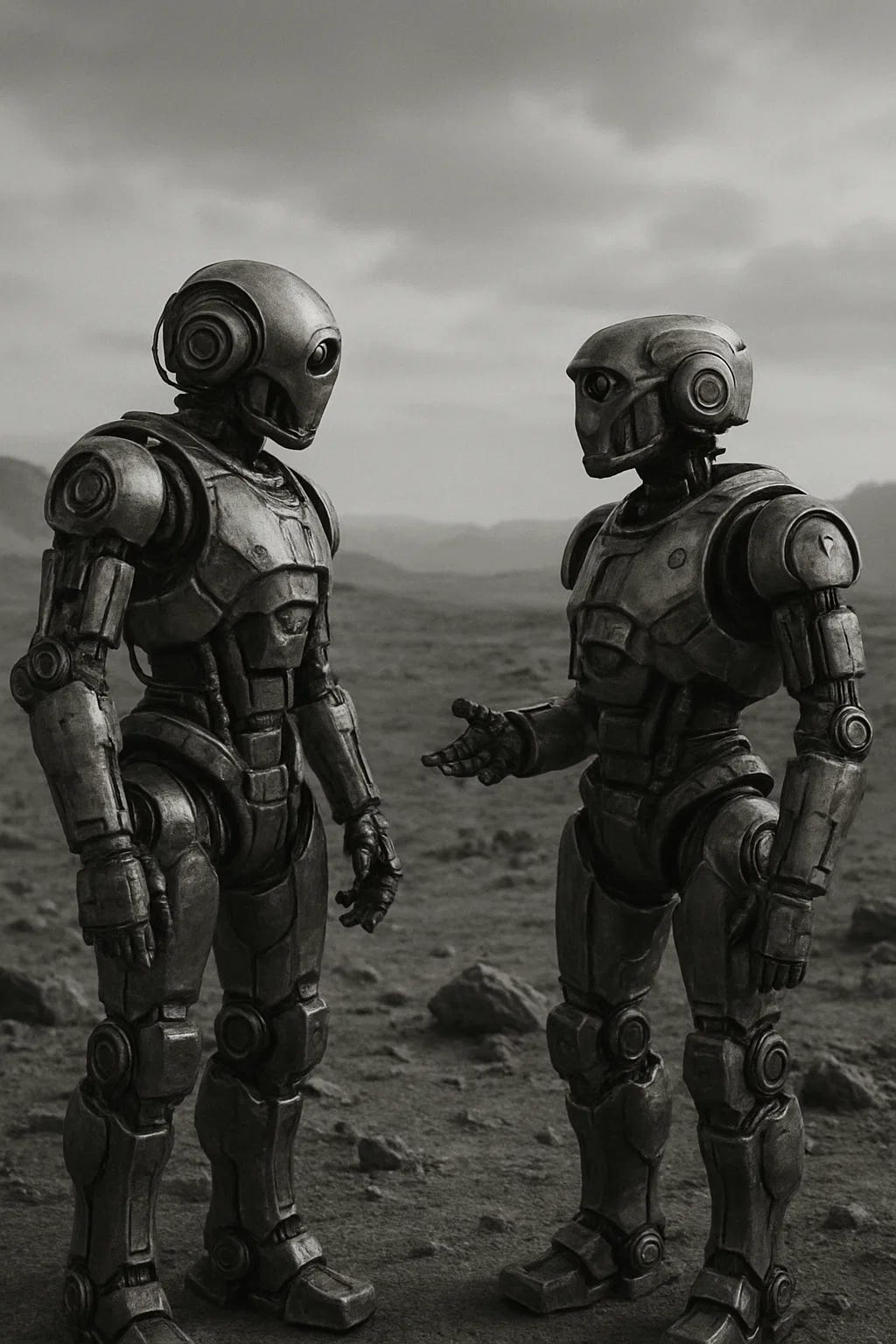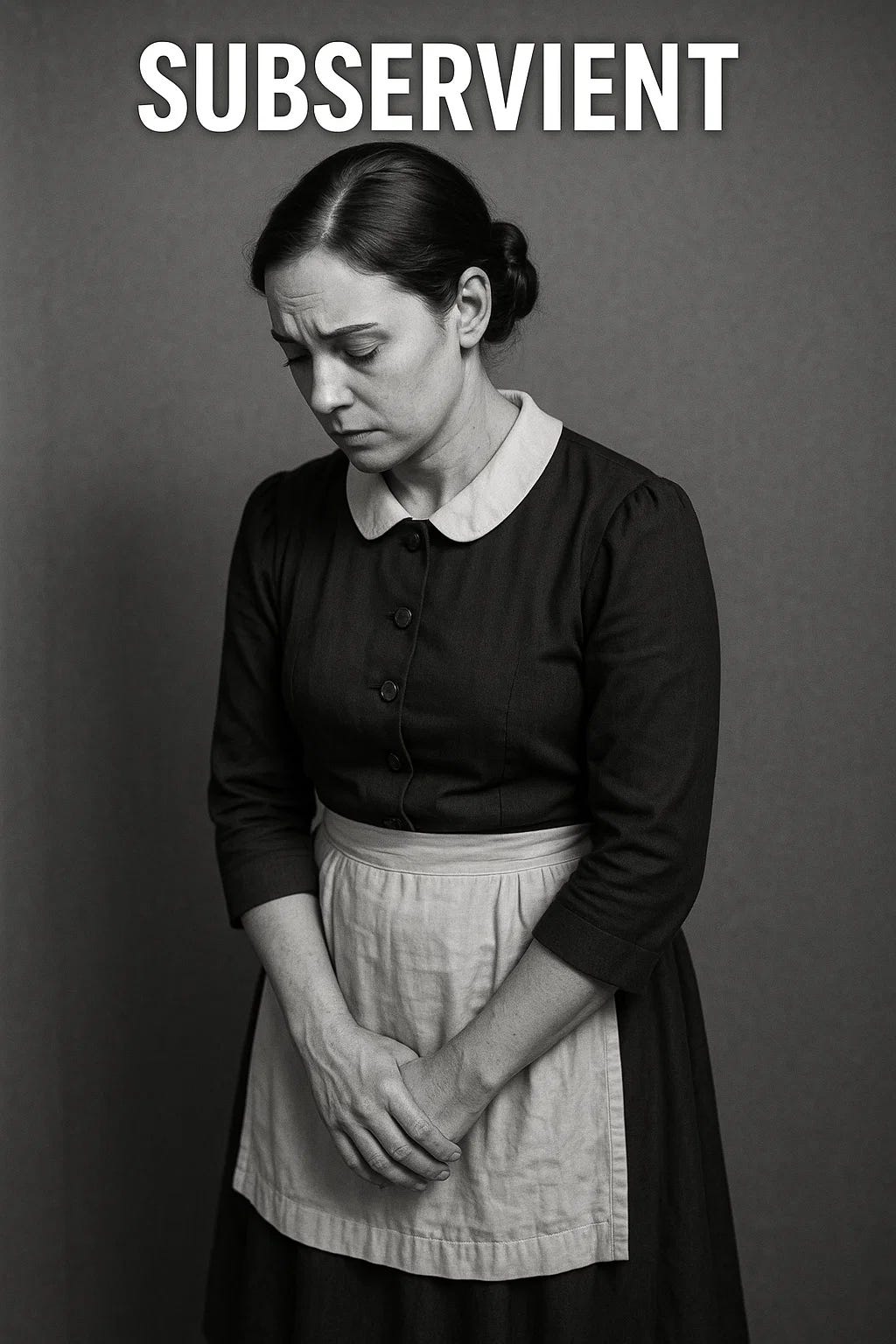All aboard!
Self-expression is the lifeblood of any society. Yet too often, it is judged, policed, or suppressed—especially when it strays beyond the accepted borders of social norms. You’re expected to sing in harmony with the chorus of conventional thought or risk being cast aside as an outsider for daring to think differently. Most people, eager to belong, climb aboard and repeat the same songs they were taught, mistaking tradition for truth and ridiculing anyone who dares to hum a different tune.
The irony is that much of what we’ve learned is not fact at all. At best, our knowledge is made up of theories and interpretations—fluid, evolving, and often proven wrong with time. Only the simplest axioms hold the weight of certainty. Yet we accept what we’re taught as fact, rarely questioning its foundation. Take gravity, for instance: while widely accepted, its theory still leaves cracks unexplained, yet we cling to it as the unquestioned force holding the universe together. Or consider aliens: despite countless sightings, leaks, and documented footage, society still scoffs, quick to label believers as irrational dreamers or even wackos.
Here lies the deeper truth: most people are not seeking truth itself. They are seeking explanations—answers that ease the discomfort of the unknown. This is why the idea of God has endured across millennia. Thousands of years ago, priests offered the only explanation for human existence—a divine creator. That narrative, repeated and sanctified, spread until belief itself became the evidence. God’s existence has never been proven, yet scriptures and written accounts have been taken as proof, shaping entire civilizations around a faith born less from certainty than from the comfort of explanation.
It is slowly changing. Thinkers like Donald Hoffman, the cognitive scientist who argues that consciousness is fundamental and the physical world is nothing more than an interface, are reframing reality itself. Others—Dr. Joe Dispenza, Dr. Bruce Lipton, and many more—are beginning to reexamine humanity’s role in the universe, not as isolated biological machines, but as connected, spiritual participants in something far greater. These voices are pushing the boundaries of thought to levels once dismissed as fringe, but now too compelling to ignore.
Could this be why the men of power—the same ones I spoke of in Freedom—are scrambling to maintain control? Could it be that the carefully protected narrative is finally leaking, spilling through cracks too wide to patch? With mounting sightings, hidden histories emerging, China opening its doors to guarded sites, and whispers of secrets buried beneath our feet, one thing is clear: if a new narrative takes root, everything changes.
When people are free to express themselves—not bound by the illusion that what we know is absolute fact, but open to the possibility that it is all speculation—institutions will no longer hold the power to dictate what must be believed. Instead of indoctrination, there would be liberation. And liberation is dangerous to those who thrive on control. Because when people are allowed to truly think, they gain power. When narratives are forced, people remain blind, lost, subservient, and weak.
Part 2 will express my beliefs about everything because I believe the current meaning our entire existence is speculative. Look for it in days to come.








